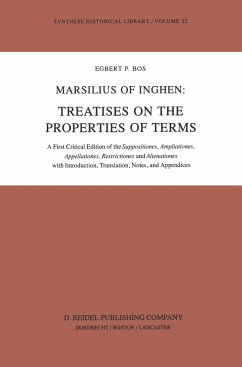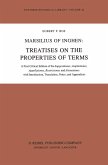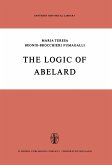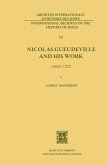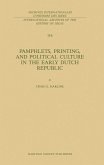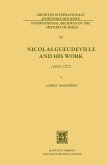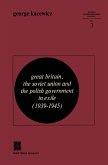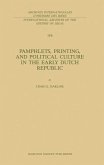occurred in the textbooks of medieval logicians. Hubien (1975,1977) did the same in recent articles and other modern logicians with interest in the history of their field of knowledge, or students of the history of logic with knowledge of modern achievements in this field, could be mentioned. For example, Trentman (1977:41) in his recent edition of Vincent Ferrer's Tractatus de Suppositionibus, 'Treatise on suppositions', elucidates Ferrer's theory of natural supposition with the aid of modern logic and points out that in some respects, for example, in the theory of irltensionality, modern theories have been developed with little more success. In the Middle Ages, semantics and logic were entirely interwoven. For, in the opinion of medieval philosophers, thought is enacted in language. This very same language consists of meaningful entities and those entities form propositions that may be used as premisses in argument. In their opinion, language and thought were both related to reality in a natural way (cf. De Rijk, 1977:233). This is also evident from Marsilius' works (cf., e.g., p. 54, n. 11-23). The semantical presuppositions oT the propositions that may be used in arguments, are analysed. This, indeed, is one of the contributions to logic by medieval logicians (cf. Moody, 1975:385).

